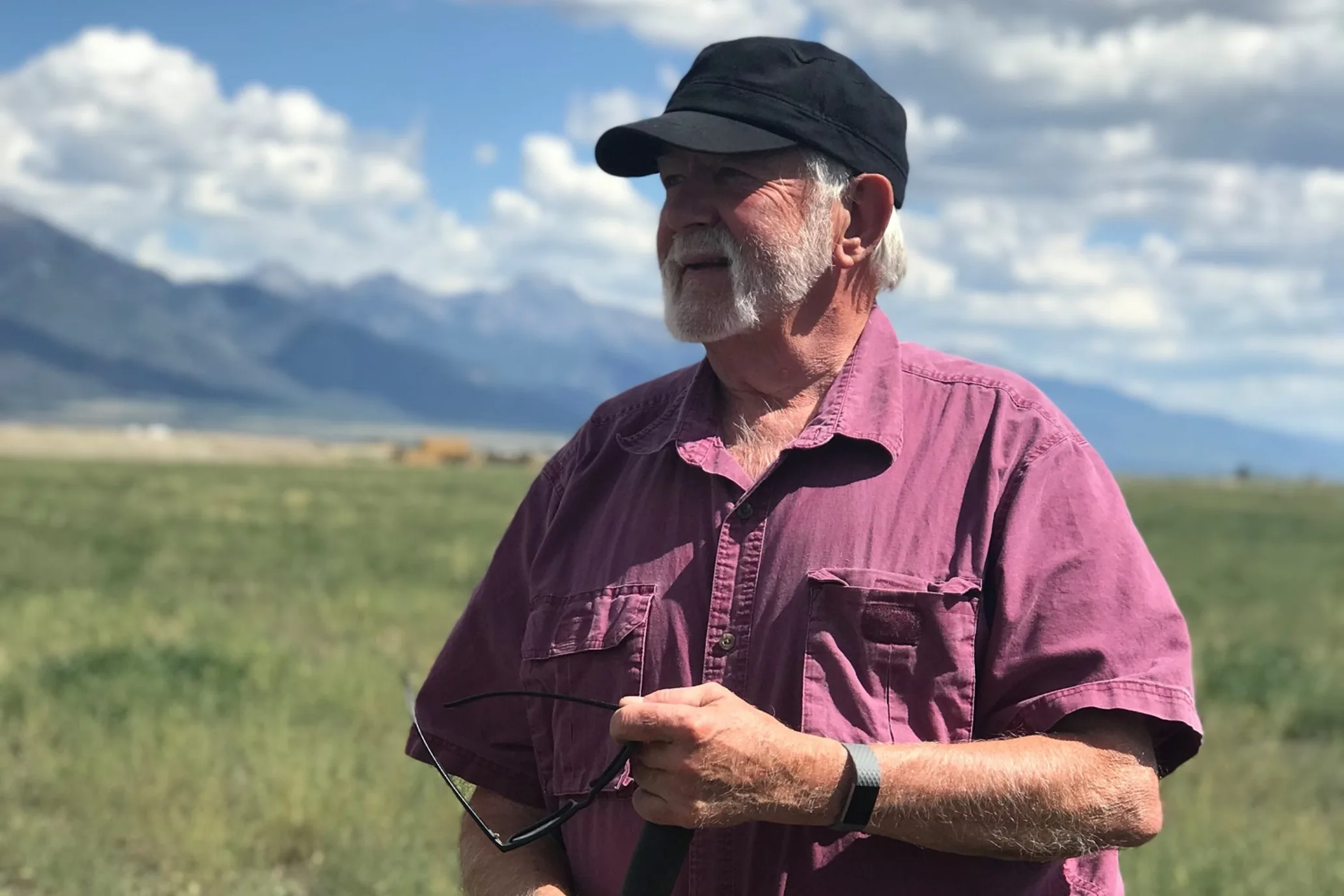A new model for protecting land and water in drought-prone Colorado
Colorado Open Lands believes its groundwater conservation easement may be the first of its kind in the nation and hopes it can become a model for other declining aquifers.

As aquifers around the country dry up from climate change and overuse, the accredited Colorado Open Lands is pioneering an effort to sustain water supplies with groundwater conservation easements. Colorado Open Lands compensated the owner of a 150-year-old farm next to the Sangre de Cristo Mountains for agreeing to stop pumping irrigation water from a depleted underground aquifer.
NPR and other national media outlets featured the innovative easement project, which helps return water to a sustainable balance in the drought-stricken San Luis Valley. Farmers and ranchers in the valley need to cut how much water they pump from the ground drastically, or the state has threatened to shut off hundreds of wells, which would devastate the valley’s agriculture.
Without heirs to take over their family operation, Ron and Gail Bowman agreed to end the use of their water rights permanently. They plan to sell the land to the Rio Grande Water Conservation District, which will revegetate the land with native plants. Colorado Open Lands has secured federal funding through a federal Regional Conservation Partnership Program grant as well as funds from the state’s water plan to pay for conservation easements and to support land management that protects soil resources.
The land trust is exploring other groundwater easements where a farmer would commit to a certain permanent reduction but would still continue to farm with less water.
Colorado Open Lands believes the groundwater conservation easement may be the first of its kind in the nation and hopes it can become a model for other declining aquifers.
“I hate to see any farming end, but by drying this farm, we are allowing others to continue sustainably and also supporting a hydrological system that feeds into a national wildlife refuge,” said Sarah Parmar, director of conservation at Colorado Open Lands. “Conservation easements are a trusted permanent tool, and we’re putting them to a new use to incentivize farmers to voluntarily reduce their groundwater use. None understand this urgency more than the farmers.”